New here? You can always explore more or orient yourself with the First Sparks series or via the Grokkist Network Welcome Hub.
Not for you? update your settings or unsubscribe anytime using the links at the bottom of the email — no hard feelings. We respect your inbox.
Hey friends,
Last time, I wrote about hyper-responsibility and it seemed to strike a chord. Thank you to everyone who wrote back—it’s always nice to know the echo came back with something in it.
This time, I want to pick at something that’s been itching for years.
“Humankind cannot bear very much reality.” – T S Eliot
A lot of grokkists—myself very much included—don’t actually know how to be helped.
Instead, we offer help as a kind of belonging chip.
And the thing we offer to help with nine times out of ten turns out to be exactly the thing we most need help with ourselves. We just… haven’t realised it yet.
Through a narrative therapy lens, the “not knowing how to be helped” isn’t a flaw—it’s a survival adaptation. Many people’s stories have taught us that receiving help comes with strings, judgment, or loss of agency.
So we learn to control the narrative by flipping roles: becoming the helper, the fixer, the resource.
That role feels safe, admirable, and self-determining. But it also means we end up circling the thing we most need without ever touching it directly.
It’s also a way of regulating ourselves. Direct help can feel too exposing, like holding eye contact for one beat too long. So we sidle up instead and:
- Help others with the thing we secretly need.
- Join spaces where help is floating around, but never take the direct hit.
- Apprentice into roles where the receiving is built into the doing.
For many grokkists, help only becomes bearable when it’s framed as contribution.
We can metabolise it if it’s wrapped in purpose, reciprocity, and skill-building—but not if it’s simply given for our own sake.
That’s why so much of Grokkist is scaffolded to deliver reality sideways, with the careful misdirection of a nurse talking about your weekend while the needle goes in. It’s all structured so the people most resistant to receiving help can get exactly what they need, in a way that preserves their dignity and agency.
We enlist, we invite, we build exchanges—so that reality comes in doses small enough to bear, but potent enough to transform.
This is the kind of psychologically elaborate, slightly delulu scaffolding required to help certain people—our people.
You can see this spirit in action with the new Affinity Groups we’re rolling out—micro-communities where grokkists gather around shared questions and practices, creating spaces where help flows naturally because it’s embedded in shared work and curiosity.
When I started Grokkist, I was burned out and a bit battle-damaged, so of course I went off and immediately built a whole thing about Helping People (🙈).
Only somewhere along the way did I realise the real work isn’t “helping people” at all—it’s setting up the kind of spaces where help sneaks in sideways, feels good to receive, and actually sticks.
And yes—before you ask—I’m still learning how to let that happen for me, too.
With curiosity and care,
Danu
If you’re standing at a threshold in your own story, this space is built for you.
I support myself through Groksmithing and Grokkist Projects — hands-on, relational work that helps people make sense of where they are and take practical steps toward what’s next. Sometimes that looks like structured guidance, sometimes like rolling up our sleeves together.
The whole Grokkist ecosystem runs on Memberships — a gentle invitation to belong, and a way to sustain the work. Curious about the deeper why behind it all? Start here.
Grokkist Press
A home for creations that matter, where grokkists publish gifts of wisdom and creativity that inspire, challenge, and invite deeper connection.
Visit the Press ↗A bone-deep, often pre-verbal commitment to holding integrity, care, or coherence—in systems, relationships, or oneself—especially when no one else will. It surfaces as the silent vow: "If no one else will hold it, I will".
Read on for a deeper explanation or discover more luminous phrases in the Glossary of Grokkistry.
Fresh and Featured Pressings
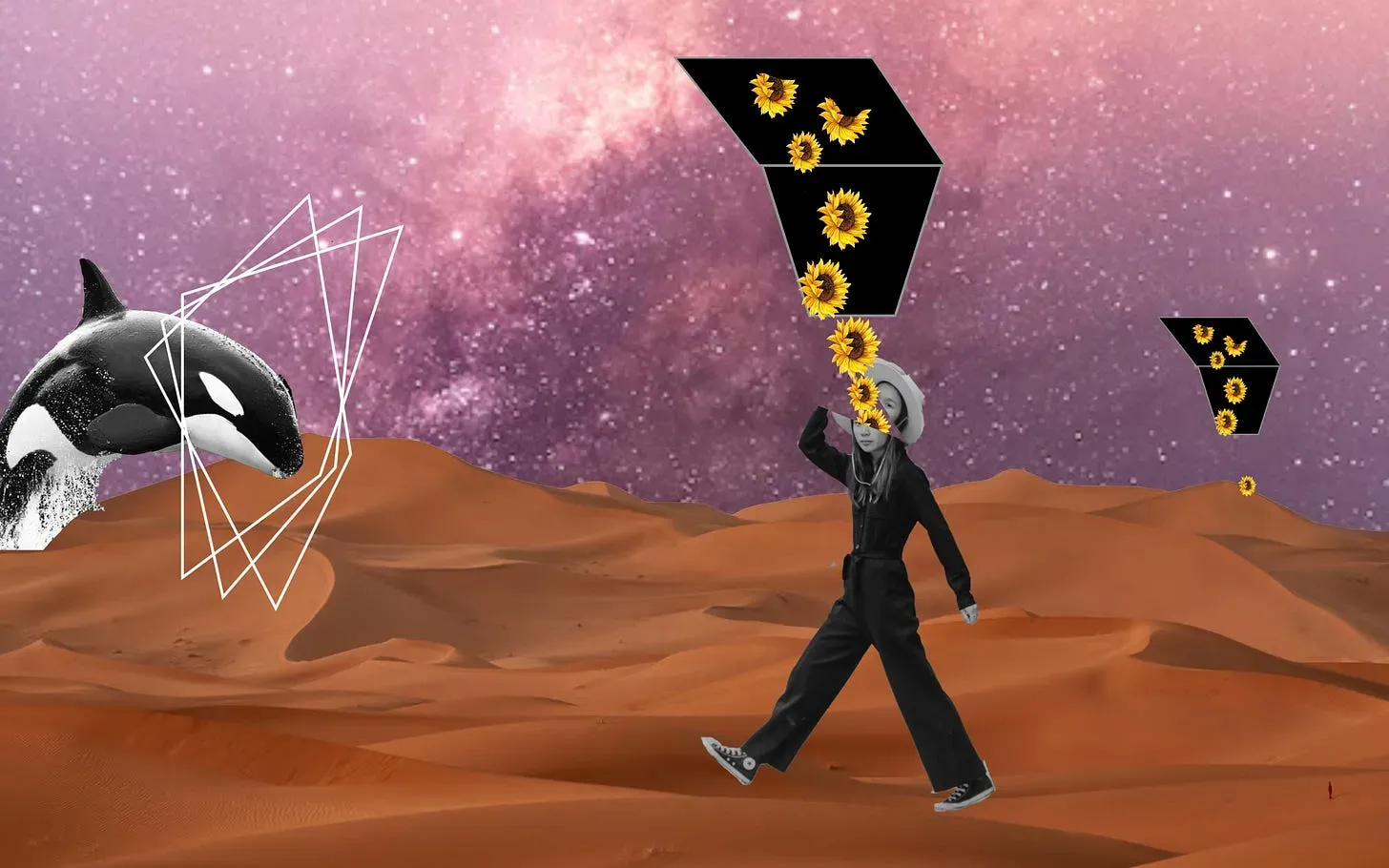
For Everyone Whose Mind Can’t Settle
By Jessica Böhme (7 min read)
While some may fear a lack of certainty, a life without questions can be just as unsettling.

An Ode to Those Done with Religion
By Jim Palmer (25 min read)
How do we find our way through the loss of everything we thought we knew?
More from the Press
- A da Vinci coda - process versus results (Peter Gilderdale, 5 min read) – When our curiosity gets in the way of results, we can draw inspiration from one of history's greatest scatterbrains.
- Multi-tasking for Dummies (Peter Gilderdale, 3 min read) – When our best laid plans go awry, can we learn to trust the process?
You can also read our guide to learn how the Grokkist Press works and how to get involved.
Grokkist Network
Connect across disciplines, generations, and geographies in Grokkist’s global community—a true speakeasy for the soul.
Visit the Network ↗Upcoming Events
Events Access Key
🟢 Open Access: Free and open to all.
🟣 Member Access: Exclusive to Grokkist Members.
🟠 Ticketed Access: Open to all with a cover charge (members enjoy a 30% discount).
For more info, check the guide to our events and gatherings or this guide if you're interested in hosting an event of your own.
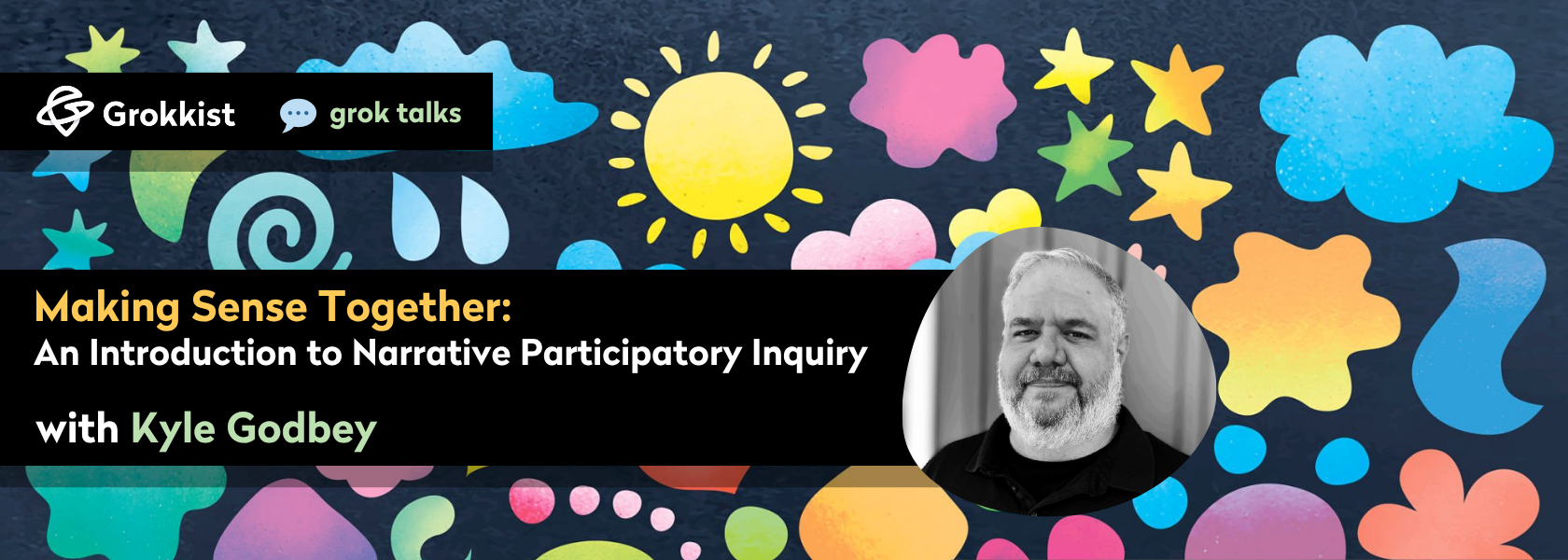
🟢 Making Sense Together: An Introduction to Narrative Participatory Inquiry
🗓️ Mon 18 Aug | 1pm–2.30pm EDT (view in your timezone)
Facilitated by Kyle Godbey
Join us for a guided introduction to narrative sense-making—a participatory method for uncovering shared meaning through stories.
In this interactive Grok Talk, Kyle Godbey will walk us through a technique he’s spent years synthesising: one that blends ethnographic storytelling with structured data collection to illuminate how communities understand themselves.
Used in organisational settings, research, and social change contexts, narrative sense-making offers a way to hold multiple perspectives, surface hidden patterns, and invite group-level insight without collapsing nuance.
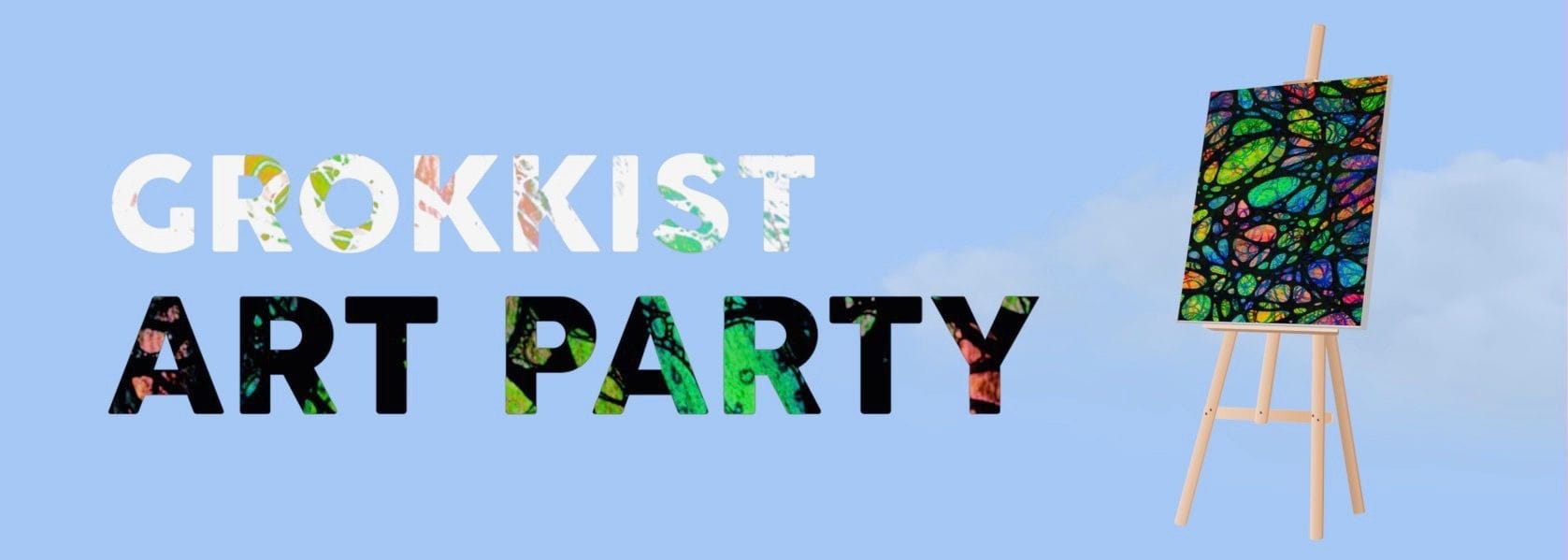
🟢 Grokkist Art Party
🗓️ Thur 21 Aug | 4pm–5.30pm PDT (view in your timezone)
Facilitated by Sarjé Haynes
Let’s make art together in real time — and use it to do some redecoration of our shared virtual space!
This event sprung from our recent group discussion about AI Art, including a nuanced appraisal of the use we make of it here on the Grokkist Network. One of the ideas that arose there was to collectively spruce the space as a gesture of communal creativity. We have so many visual artists in this community — and that means we have an opportunity to make the space truly look like ours, and to truly feel like a virtual home.
So bring your paintbrushes, pencils, digital tools and dynamic creative conceptions to this Grokkist Art Party, where we’ll be co-creating new banners and other graphic elements to adorn and beautify our shared space.
Other Upcoming Events
- 15 Aug | 🟣 Grokkist Members Meetup [Aug '25]
- 26 Aug | 🟢 Grok Cafe [#6 in 2025]
- 28 Aug | 🟢 Feeling into Ren Xue: Pulling Qi, Finding Centre
- 1 Sep | 🟢 Grokkist Writing Salon – September 2025
- 11 Sep | 🟠 Future Self Now: Meet the You Who Knows
🍬 Snackables
A curated collection of hand-picked inspirations—thought-provoking reads, engaging ideas, and creative sparks to nurture your curiosity and expand your perspective.
#1 - Status, class, and the crisis of expertise
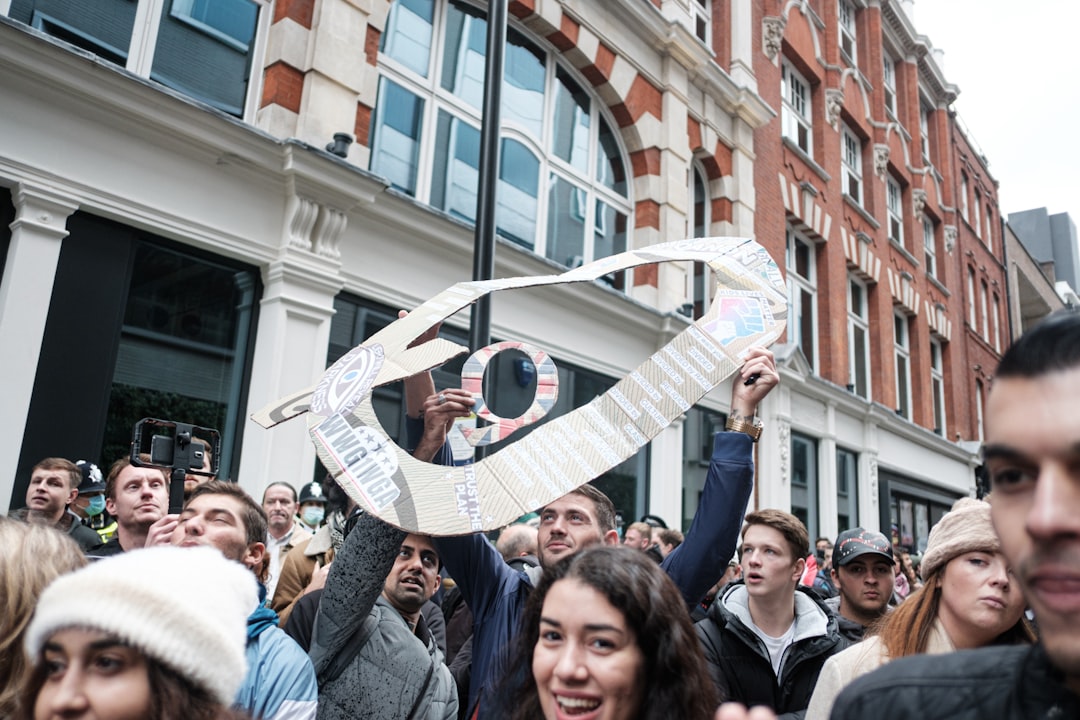
Dismissing populists as “stupid” misses the point. What’s at play in the rejection of "expert authority" is often less about facts and more about pride, status, and the refusal to be talked down to. It’s a performance of dignity. Many people reject expert guidance not because they think it's wrong, but because accepting it feels like conceding status to a condescending class.
“You cannot fact-check your way out of status competition. As long as the acceptance of expert guidance is experienced as an admission of social inferiority, there will be a lucrative market for demagogues and bullshitters who produce more status-affirming narratives.”
Drawing on Dostoevsky, anthropology, and modern politics, the author frames this as “epistemic charity”—knowledge given from on high—which can feel less like help and more like humiliation. “The scientist, academic and fact-checker do not expect to learn anything from ordinary voters.” In other words, the elite knowledge-producing class tends to suffer from a systemic failure of curiosity. Repairing trust in expertise may have less to do with better evidence, and more to do with how it’s offered—and received.
#2 - Slow Light – a man who can only see the past
Stop-motion short film about a man whose eyes perceive reality only seven years after it unfolds. In Slow Light, time becomes a prison—memory bleeding into the present, leaving him forever behind. The film’s poignant line, “In a world where light travels too slow, the truth always comes too late,” captures that vertigo of missed moments. A meditation on how regret can freeze us one frame behind the life we’re actually living.
#3 - At Crufts

Crufts is a four-day migration of 24,000 dogs into a Birmingham conference centre, where the stakes are low (£200 for Best in Show) but the commitment is absolute. The author captures the strangeness and splendour of this world—Samoyeds in hotel lifts, Afghan hounds at late-night parties, and a zebra crossing halted by a wall of St Bernards. It’s an ecosystem of devotion, competition, and unabashed love—where strangers greet each other with “What’s your breed?” and the reasons for choosing one champion over another are as mysterious as the dogs are magnificent.
#4 - Synesthesia Suite – seeing through someone else's ears
Synesthesia—where the senses mingle—comes in many forms: tasting words, feeling textures from sounds, or, as in composer Mary Bichner’s case, seeing colours when hearing music (The Synesthesia Tree has a good map of them all). In Synesthesia Suite, she invites the rest of us into that experience. Working with scientists, visual designers, and the Charles Hayden Planetarium, Bichner maps each musical key to its corresponding hue in her mind, then synchronises the live score with a dome of shifting, radiant visuals.
The finale performance brings it all together: a string quartet bathed in matching LED light, planetary imagery gliding overhead, colors and chords blooming in precise harmony. If you’re curious to see how others have explored this territory, check out Kine-Tech’s interactive synesthesia project for a different, playful take on translating sound into sight.
#5 - Duck Relativity – a matter of perspective
@doctor_waffle Everyone say “Hi Paul”
♬ original sound - Doctor Waffle
A minute-long duck toy duet about being big or small drifts into a list of things that can’t be measured—kindness, courage, curiosity, patience, resilience, generosity. With simple rhymes, warm harmonies, and a duck called Paul, it feels like stumbling across a lost fragment of childhood TV, the kind that sneaks past your guard and leaves you a little misty-eyed. (🙏 Richard B)
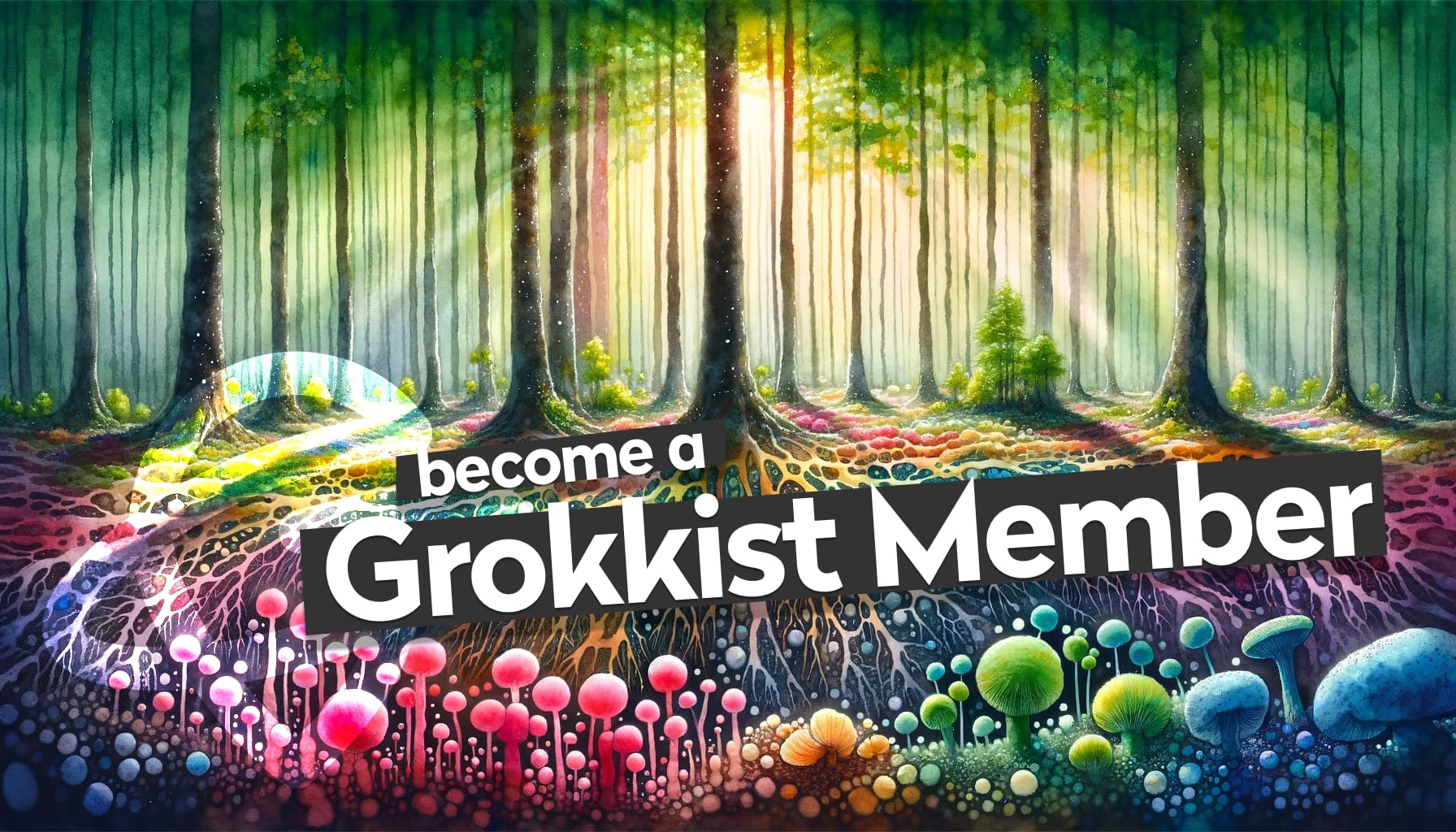
Membership Benefits
As a Grokkist Member, you’re part of a circle of active grokkists walking the grokkist path. Here’s what membership includes:
- 🟣 Member-Only Gatherings
- 🧩 Three Self-Guided Courses (Red Thread, Ecosophy, ADHD Meditation)
- 🍲 One ‘Quick Win’ Session per Year
- 🛠 Ongoing Groksmithing Project Support at Member Rates
- 📚 Free eBooks from Grokkist Press
- ❤️🔥 30% Discount on Courses and Ticketed Events
- 🎭 Featured Member Profile
- 📣 Post Calls, Invitations, and Events
- ✨ Early Access to Pilots and Prototypes
- ▶️ Events Recording Library
- ⭐️ Digital Member Badge
👉 Your membership also helps fund the operating costs of Grokkist and supports community-led projects and initiatives.
A pair of parting thoughts...
“People aren’t either wicked or noble. They’re like chef’s salads, with good things and bad things chopped and mixed together in a vinaigrette of confusion and conflict.” ― Lemony Snicket
“To be yourself in a world that is constantly trying to make you something else is the greatest accomplishment.” ― Ralph Waldo Emerson
This newsletter was sent to 775+ curious and caring subscribers. Help us expand the grokkiverse by telling a friend about our newsletter. You can share this edition directly with others using this link:
grokk.ist/newsletter/73/
That's it! Thanks for reading. Hit reply and get in touch anytime – I love hearing from you.


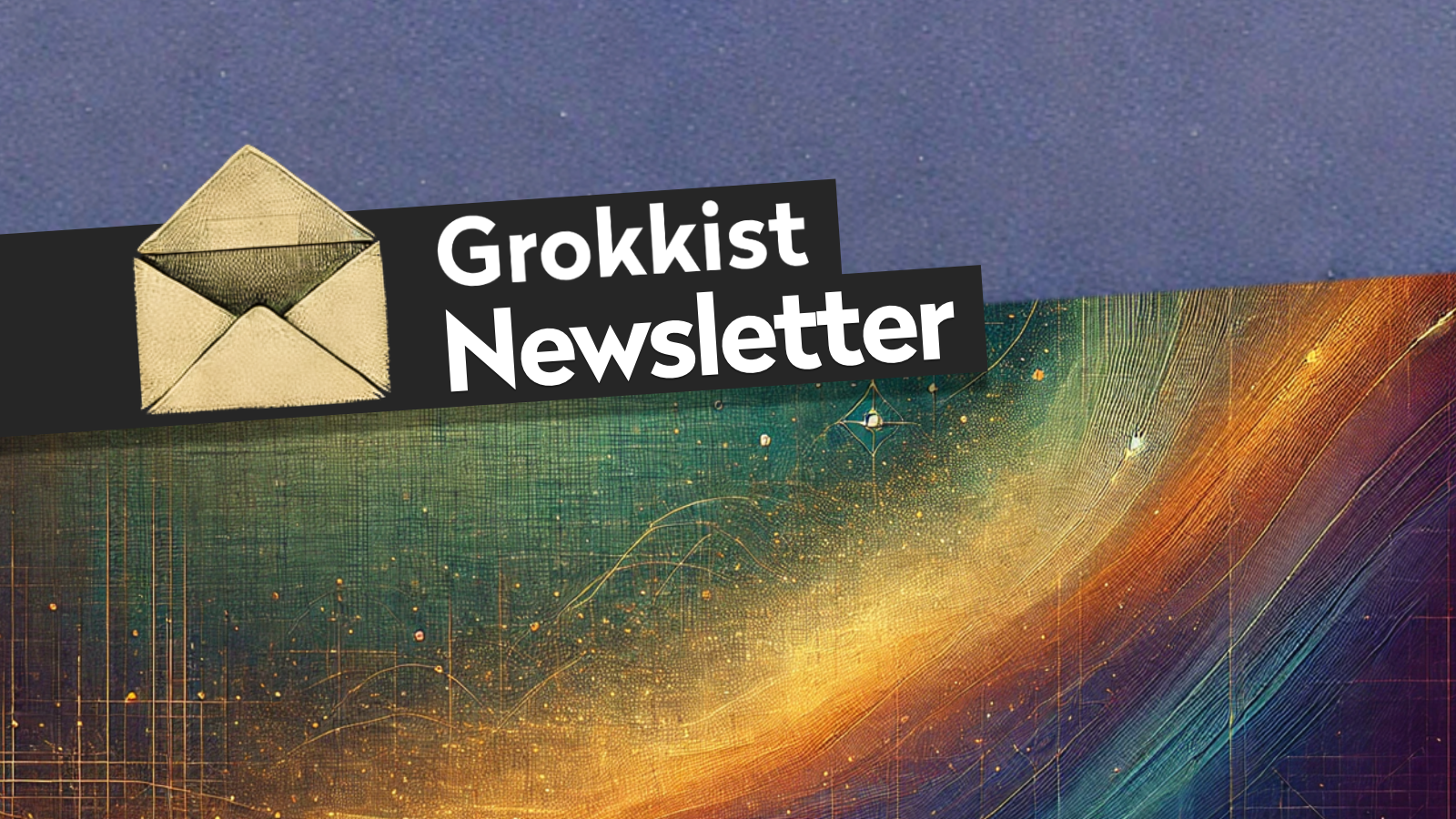
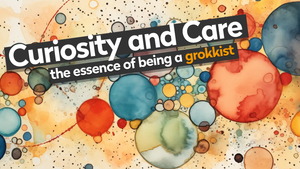





Member discussion